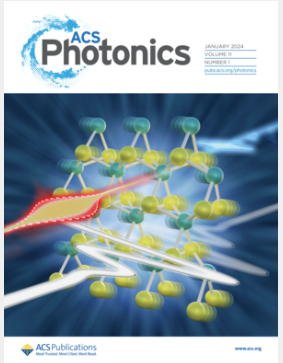Combining Bayesian Optimization, Singular Value Decomposition, and Machine Learning for Advanced Optical Design
IF 6.5
1区 物理与天体物理
Q1 MATERIALS SCIENCE, MULTIDISCIPLINARY
引用次数: 0
Abstract
The design and optimization of optical components, such as Bragg gratings, are critical for applications in telecommunications, sensing, and photonic circuits. To overcome the limitations of traditional design methods that rely heavily on computationally intensive simulations and large data sets, we propose an integrated methodology that significantly reduces these burdens while maintaining high accuracy in predicting optical response. First, we employ a Bayesian optimization technique to strategically select a limited yet informative number of simulation points from the design space, ensuring that each contributes maximally to the model’s performance. Second, we utilize singular value decomposition to effectively parametrize the entire reflectance spectrum into a reduced set of coefficients, allowing us to capture all significant spectral features without losing crucial information. Finally, we apply XGBoost, a robust machine learning algorithm, to predict the entire reflectance spectra from the reduced data set. The combination of Bayesian optimization for data selection, singular value decomposition (SVD) for full-spectrum fitting, and XGBoost for predictive modeling provides a powerful and generalizable framework for the design of optical components.

求助全文
约1分钟内获得全文
求助全文
来源期刊

ACS Photonics
NANOSCIENCE & NANOTECHNOLOGY-MATERIALS SCIENCE, MULTIDISCIPLINARY
CiteScore
11.90
自引率
5.70%
发文量
438
审稿时长
2.3 months
期刊介绍:
Published as soon as accepted and summarized in monthly issues, ACS Photonics will publish Research Articles, Letters, Perspectives, and Reviews, to encompass the full scope of published research in this field.
 求助内容:
求助内容: 应助结果提醒方式:
应助结果提醒方式:


